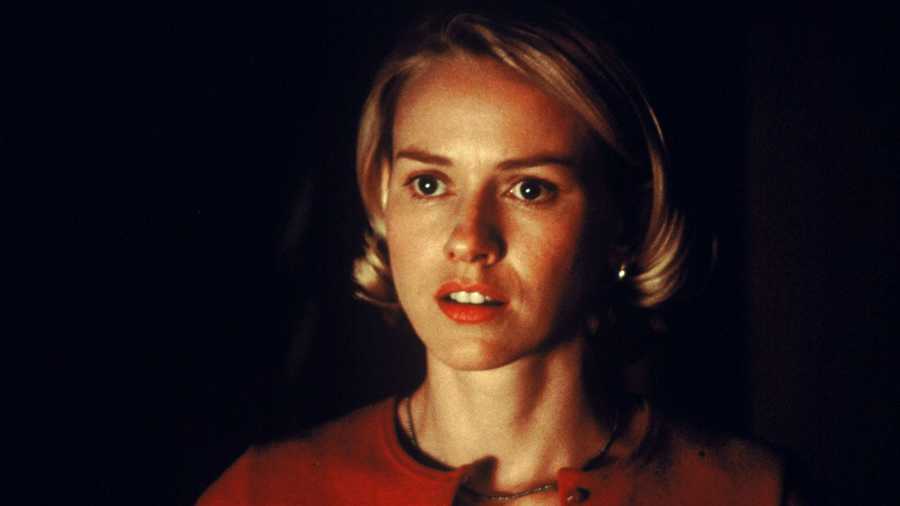
Back to Mulholland Drive “studies Lynch’s cult classic as a starting point for, and as an influence in, contemporary art,” writes Angelica Frey for Hyperallergic. “According to the book’s editor, the art critic and curator Nicolas Bourriaud, Lynch helped to create an artistic style that could be called ‘Minimal Fantasy.’ The term refers to an aesthetic of seeming mundanity mixed with surrealism, horror, and the uncanny.” The collection is an “expansion of the 2017 art exhibition Retour sur Mulholland Drive, which Bourriaud curated in the sunny city of Montpellier. . . . Bourriaud gathered the works of 24 artists, each of whom owed some artistic debt to Lynch.” Frey’s verdict: “While the eight essays in the book make Back to Mulholland Drive more than a simple catalog, its contents do little in terms of expanding on the artistic understanding of David Lynch’s film.”
In the last books roundup, I included a couple of links to reviews of Michael Hofmann’s new translation of Alfred Döblin’s 1929 novel Berlin Alexanderplatz. Now, writing for the Baffler, J. W. McCormack calls it “a one-and-done masterpiece that’s basically impossible to oversell, as (why not) the single biggest event in publishing in a lifetime, a crucial refurbishment of something English-language readers have been missing out on for a century, and a long-missing piece of Modernism’s ponderous jigsaw. All of which is the case of course. But when we’re talking about a dense, all-but-untranslatable Weimar-era novel, whose only point of reference for Anglophone audiences until now has been Rainer Werner Fassbinder’s meticulous fifteen-hour adaptation from 1980 (one heck of a tease) it feels important to attempt a slight rescue from its own forbidding reputation, because Alexanderplatz is less a book than a living thing, and one that joyously resists the dust heap of bourgeois literary scholarship with its every line.” What’s more, this “novel was clearly central to Fassbinder’s life and even his conception of himself.”
Ishiro Honda “spent a large part of his film career working as assistant director to Mikio Naruse, Akira Kurosawa (his slightly younger best friend), and other luminaries of Japan’s cinematic golden age,” writes Chris Shields for Film Comment. “Steve Ryfle and Ed Godziszewski’s briskly paced new book, Ishiro Honda: A Life in Film, from Godzilla to Kurosawa, accomplishes a lot in under 350 pages. Perhaps most impressively, it provides the reader with a lasting sense of the man—his temperament, values, philosophies, dreams, and disappointments—behind some of cinema’s most beloved characters (Godzilla, Rodan, Mothra), while also exhaustively detailing the lifelong Toho director’s entire body of work.”
Writing for the Los Angeles Review of Books, Loren Glass, author of Counterculture Colophon: Grove Press, the Evergreen Review, and the Incorporation of the Avant-Garde and the forthcoming Rebel Publisher: Grove Press and the Revolution of the Word, calls From the Third Eye: The Evergreen Review Film Reader, edited by Ed Halter and Barney Rosset, a “stimulating collection, which invokes a period when the cultural, political, and sexual meanings of revolution were chaotically converging in the pages of Grove’s groundbreaking journal, which was at the peak of its popularity and influence.” On April 3, Glass and Halter will be at The New School in New York for a discussion moderated by John Oakes, co-founder and co-publisher of O/R Books, and publisher of the revived online Evergreen Review.
At the A.V. Club, Ryan Vlastelica delves deep into the origins of Steven Spielberg’s A.I. Artificial Intelligence (2001), noting that Stanley Kubrick “spent years working on the material with Brian Aldiss, who wrote the trio of short stories from the collection, Supertoys Last All Summer Long, that the film was based on. Ultimately it proved too tough a nut to crack. Kubrick couldn’t find a satisfactory way into this story of a robot child programmed to love, a premise pitched precisely at the Kubrick/Spielberg intersection of stoicism and sentimentality. According to Aldiss, who reflected on Kubrick in a preface to a new edition of the short story collection, neither made it easy on the other.” Aldiss “pushed for Kubrick to create ‘a great modern myth to rival Dr. Strangelove and 2001,’ one externally focused rather than concerned with the internal thoughts of a character—especially since the internal thoughts in question were artificial. Didn’t work. ‘I was wheeled out of the picture,’ he writes.”
Vivica A. Fox has a book coming out next week, Every Day I’m Hustling, and Time’s posted an excerpt in which she recalls that time she “lost it on” Quentin Tarantino during the making of Kill Bill (2003). Uma Thurman pulled her aside, “put her arm on my shoulder and those beautiful eyes of hers locked on mine.” Thurman’s advice: “He’s tough, but he’s not stupid. He’ll concede you something if it’s to make the film better. Learn to attack intelligently, Vivica.”
For news and items of interest throughout the day, every day, follow @CriterionDaily.
from The Criterion Current https://ift.tt/2pHGLiC
Nessun commento:
Posta un commento